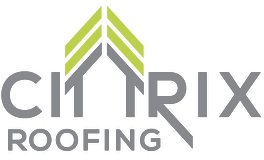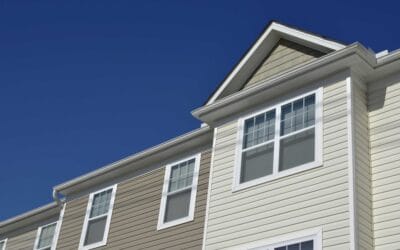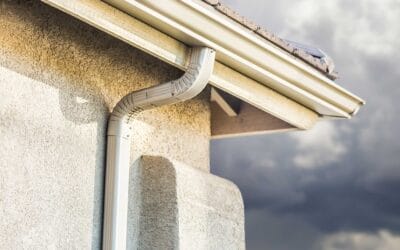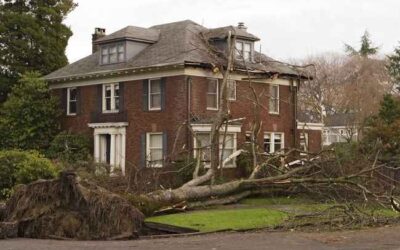 The options for residential roof types can seem endless when you’re in the market for one. All of a sudden you’re introduced to new materials and terms that you never knew existed. At Citrix Roofing we understand this struggle and so we strive to hold your hand through the process of deciding on, and installing a new roof.
The options for residential roof types can seem endless when you’re in the market for one. All of a sudden you’re introduced to new materials and terms that you never knew existed. At Citrix Roofing we understand this struggle and so we strive to hold your hand through the process of deciding on, and installing a new roof.
Perhaps having an idea of the top residential roofs on the market right now will help ease the anxiety of the decision. Below we list the top 4.
1. Asphalt shingles
Asphalt shingles is the most common roofing type for good reason. For their affordability, they are also durable, can maintain a long lifespan and are very versatile in terms of aesthetics. Certain types of shingles, like architectural shingles, allow for customisation in a range of shapes and sizes. It has grown in popularity, especially for residential homes, particularly because it presents a cost-effective alternative that doesn’t skimp on quality and durability.
2. Clay and concrete tiles
Clay and concrete tiles are an age-old favorite for residential roofing. Besides its aesthetic appeal, it also ranks very high for durability and longevity. Clay and concrete tiles are able to withstand the most extreme weather conditions, from thunder and hail storms to extreme wind. They are also fire-resistant. Clay and concrete tiles do come at a premium cost, but they are guaranteed to last a lifetime.
3. Metal
Metal roofing has rapidly grown in popularity for its affordability coupled with its durability and longevity. You may be imagining flat, shiny roof when you think of metal, but the material can be fashioned in a variety of ways, often able to mimic the more premium roofing alternatives like clay and slate for example. Stone-coated metal roofing in particular is a popular choice for residential roofing.
4. Flat roofs
Flat roofs apply for the more contemporary home. The materials commonly used for flat roofs include gravel and modified bitumen. In our experience, a flat roof is easier to maintain and repair than most other roof types. There is also no threat of losing shingles or boards as a result of strong winds, since the roof is a solid body made with materials impervious to winds.




